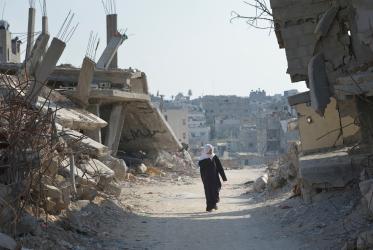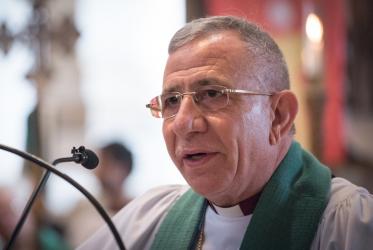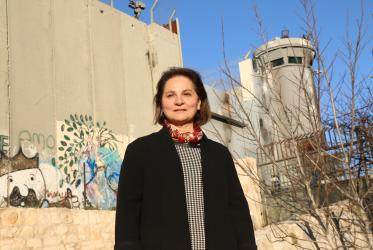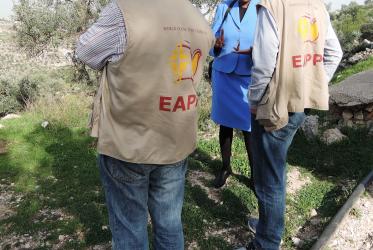Displaying 1 - 12 of 12
30 December 2023
Bishop Younan awarded Niwano Peace Prize
22 February 2017
Local and global work saves lives
22 October 2015
Walking to Emmaus in the Holy Land, and Sweden
12 May 2015
A presence to accompany vulnerable communities
31 March 2015








